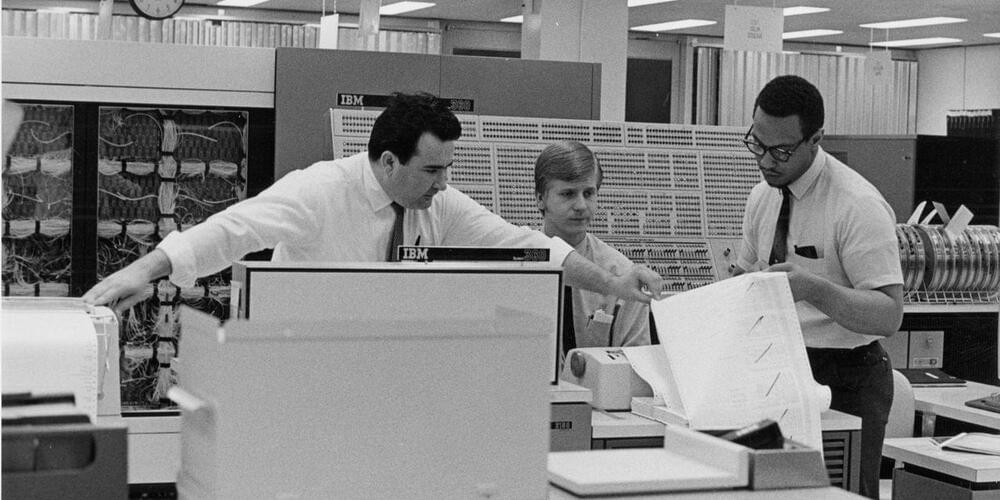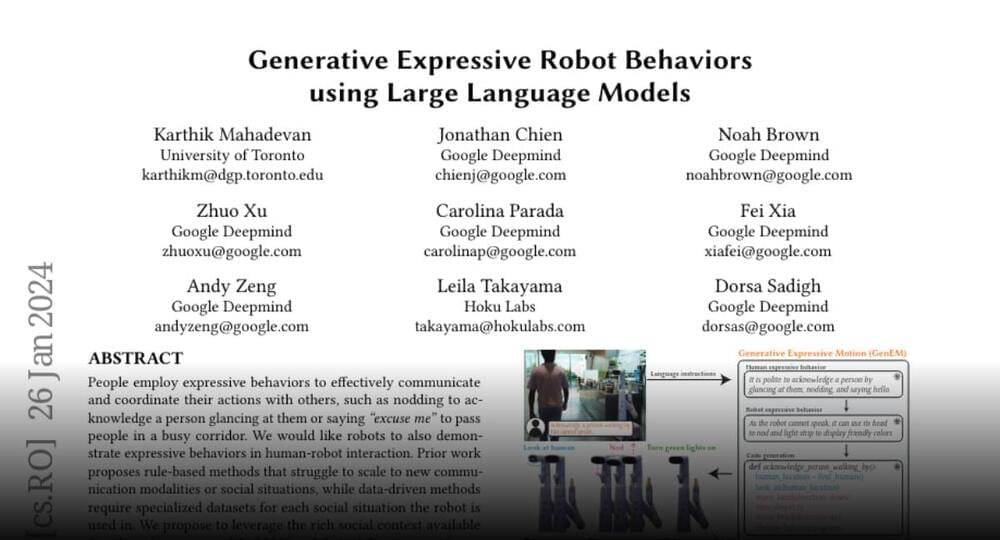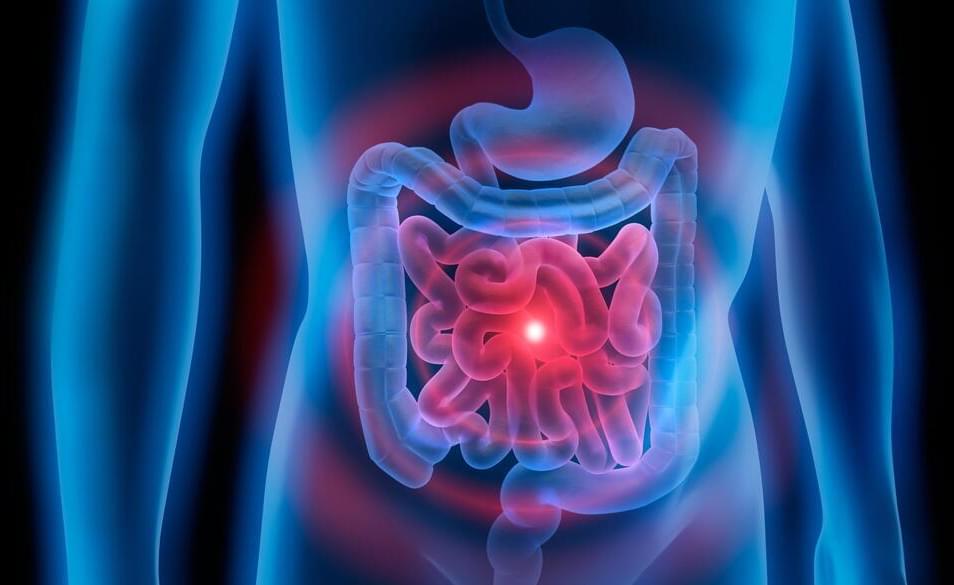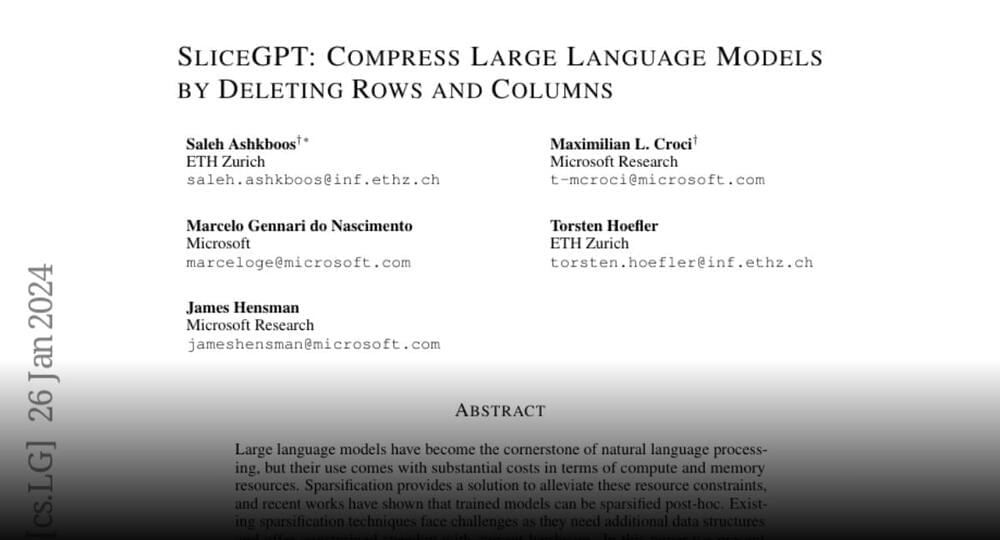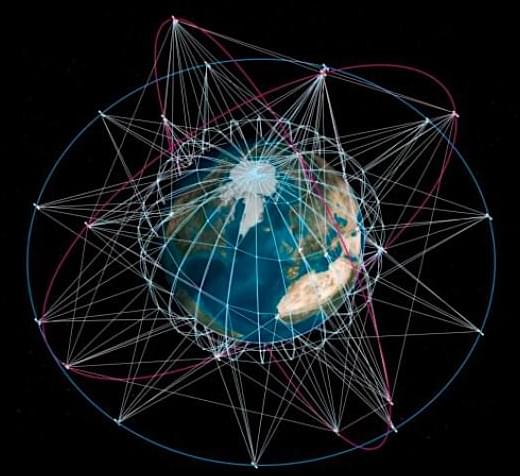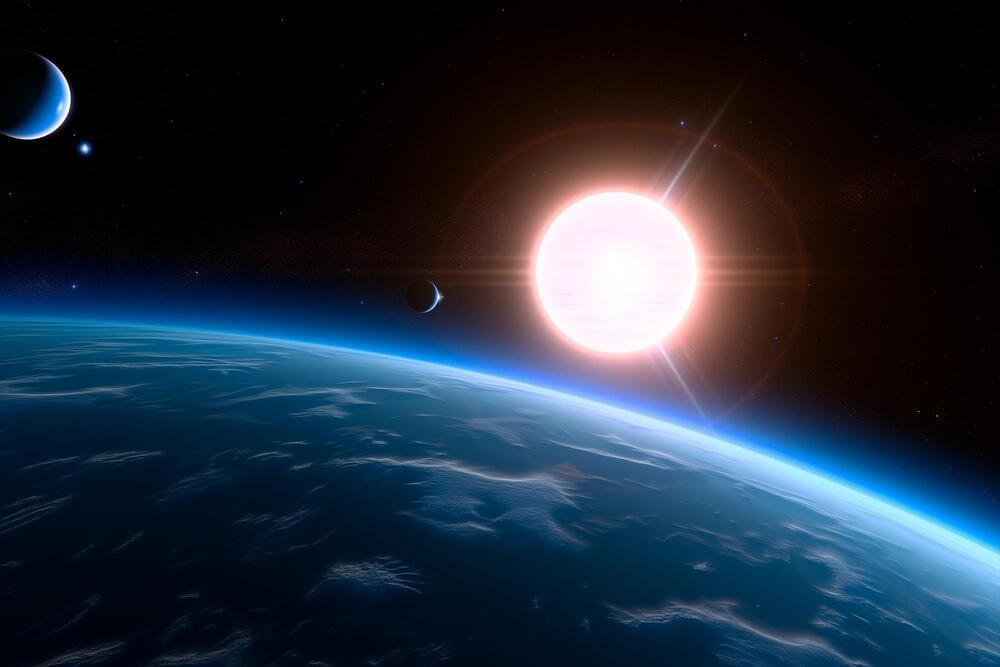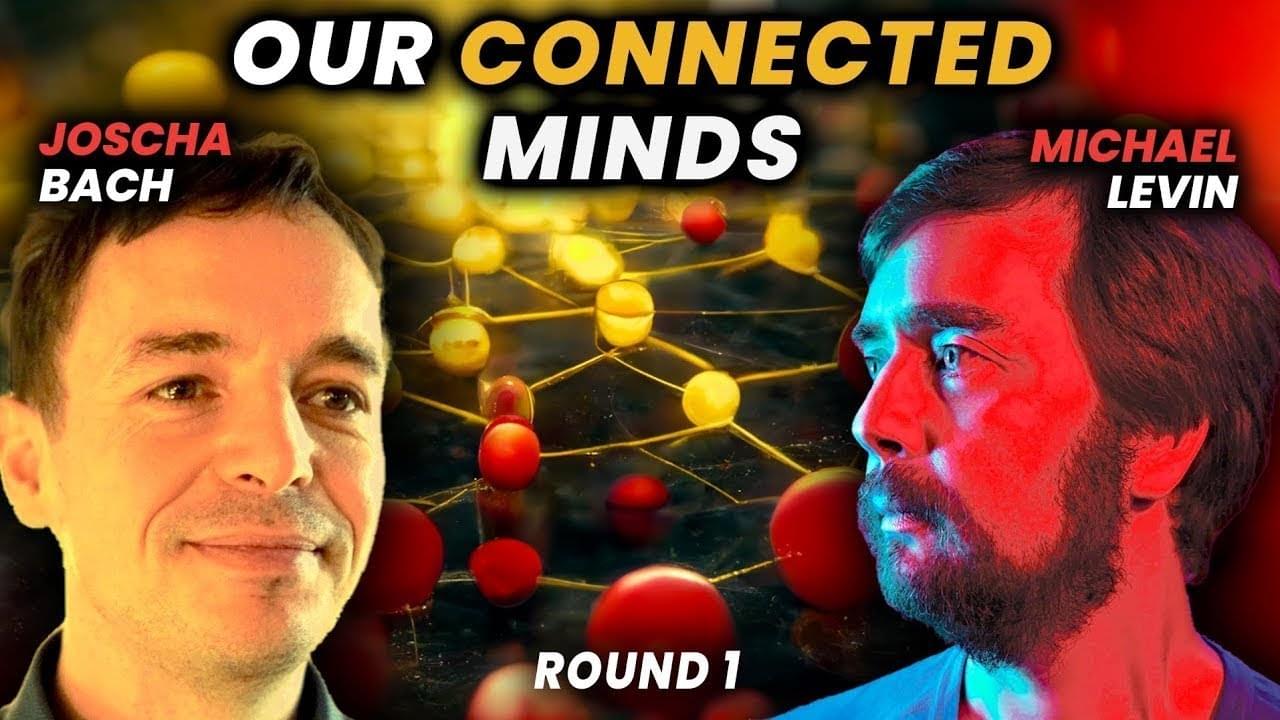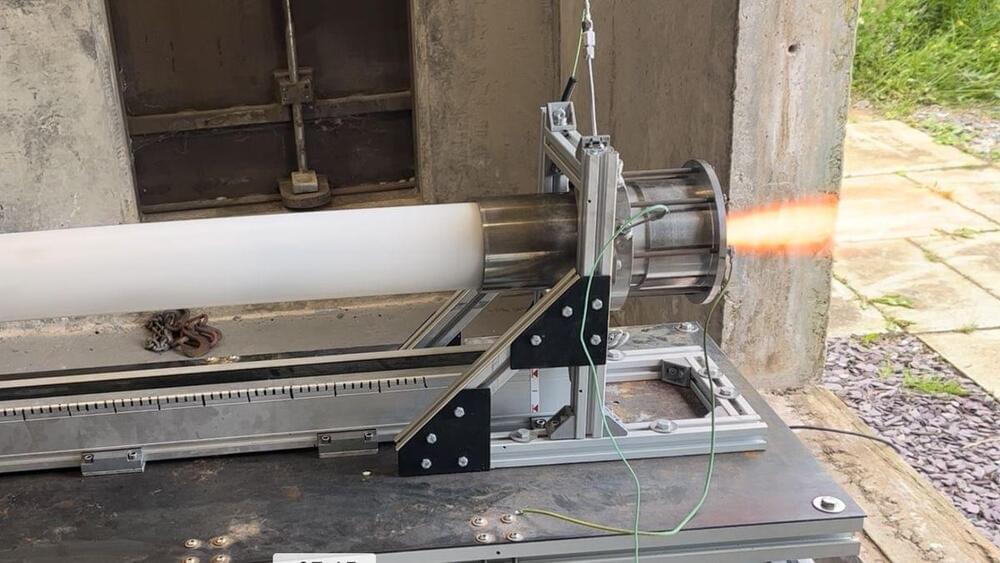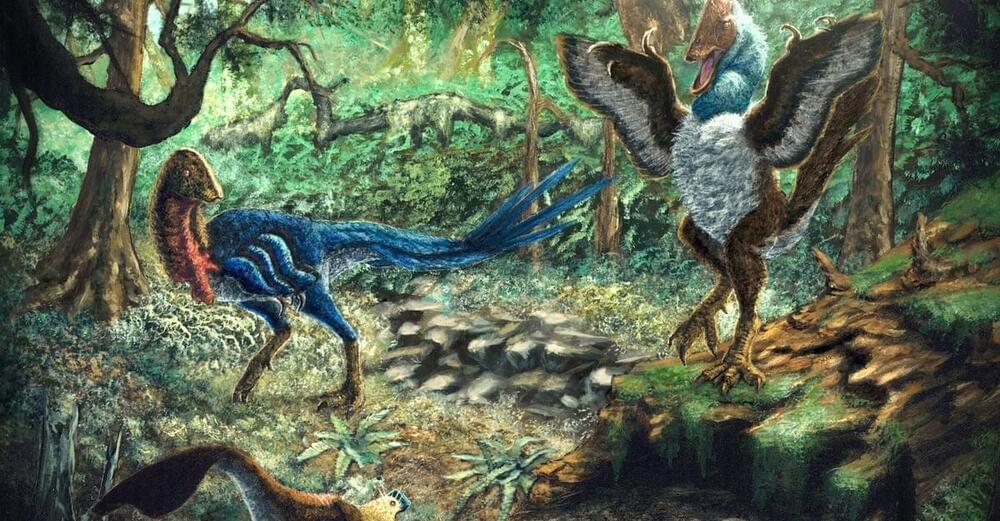Many companies still rely on Cobol, a boomer-aged programming language whose practitioners are retiring. So CIOs are gingerly trying out generative AI tools to freshen their IT.
Tomorrow Bio’s founder Dr. Emil Kendziorra explains 3 landmark papers in the field of cryopreservation.
Google Deepmind presents Generative Expressive Robot Behaviors using Large Language Models.
Join the discussion on this paper page.
“The protein prevents the cancer cells from becoming more aggressive and spreading,” researcher Abhimanu Pandey said.
BRUSSELS — Three of Europe’s biggest satellite fleet operators — SES, Eutelsat and Hispasat — explained why they are investing in the European Commission’s Iris2 multi-orbit satellite constellation, designed as a public-private partnership with the Commission and the 22-nation European Space Agency (ESA).
Three weeks before their SpaceRise consortium’s best-and-final bid is due, these companies said Iris2 gives them part ownership in a global medium-and low-Earth-orbit network whose capex is mainly government funded.
To view the entire article, become a subscriber!
Steamy World Could Be a Sample of Water-Rich Planets Throughout Our Galaxy The search for life in space goes hand-in-hand with the search for water on planets around other stars. Water is one of the most common molecules in the universe, and all life on Earth requires it. Water functions as a solvent by dissolving substances and enabling key chemical reactions in animal, plant, and microbial cells. It is much better at this than other liquids.
Michael Levin and Joscha Bach discuss cognitive science and mind in the context morphogenesis. Sponsors: — Drink Trade: https://www.drinktrade.com/everything…
Would come in handy! More room for payloads too!
British researchers have tested a prototype self-eating rocket that could pave the way for cheaper launches of small satellites and would leave no debris behind.
The concept rocket engine, called Ouroborous-3 after the ancient mythical creature that eats its own tail, was developed by a team of researchers at the University of Glasgow in the U.K.
A newly identified species upends the theory that the dinosaurs were already dying before the asteroid.
